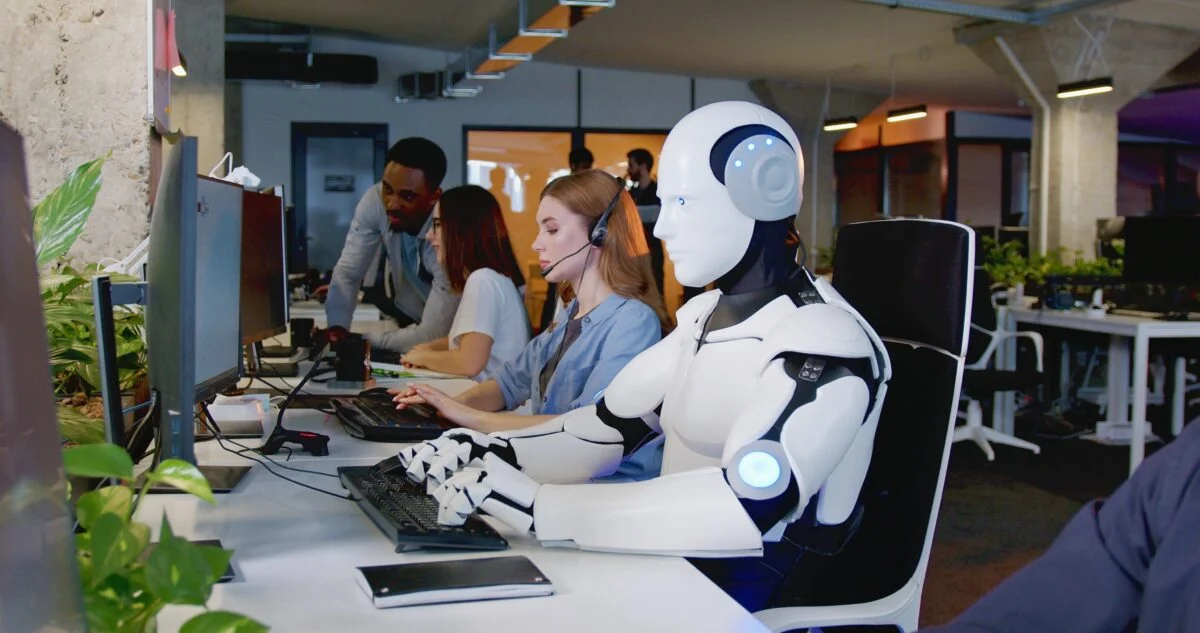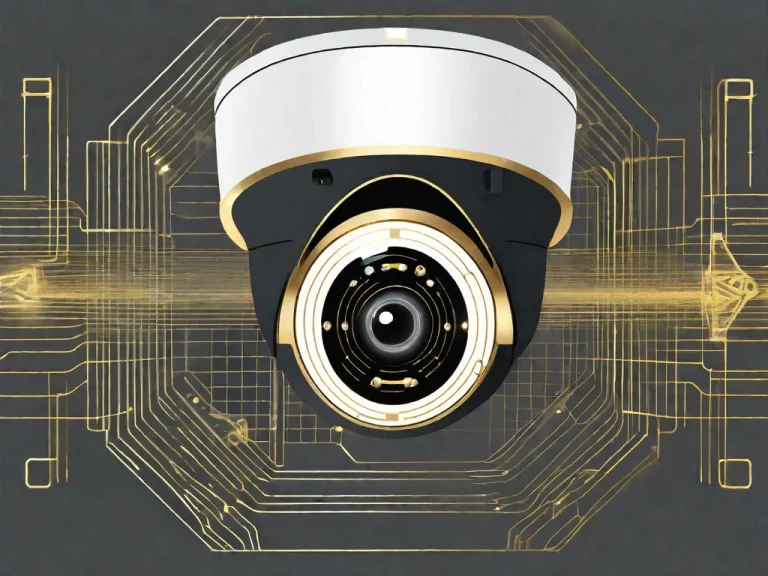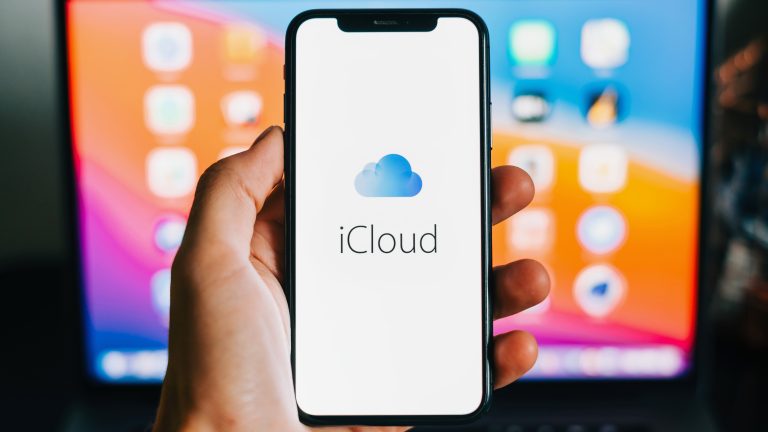
……So, You Got a CS Degree… Now What? (AI Just Changed the Rules)
……Because in 2025 and beyond, it’s not about coding harder… it’s about coding smarter.
Remember when getting a computer science degree was basically a cheat code to a high-paying job? Yeah… about that. The game has changed — and AI just flipped the board.
US computer science grads are facing record unemployment rates — something that would’ve sounded impossible a few years ago. AI isn’t just helping developers work faster; it’s outright taking over a ton of entry-level coding tasks. You know, the kind of work that used to get you your first paycheck and your first “real” LinkedIn brag.
The numbers tell the story. Back in 2014, about 80,000 people were enrolled in CS programs. In 2024? Over 170,000. That’s a lot of people chasing tech dreams. But now? Recent CS grads aged 22–27 are looking at a 6.1% unemployment rate — higher than biology and art history grads (and if you went into tech to “avoid unemployment,” that stings). Engineering majors have it even rougher at 7.5%.
Why? Two big reasons:
- Massive layoffs at tech giants like Amazon, Meta, Microsoft, and Intel.
- AI tools that can do junior dev work in minutes — no coffee breaks, no onboarding.
This is creating a two-tier tech workforce: seasoned pros who use AI to supercharge their productivity… and fresh grads who can’t even get in the door to learn those advanced skills in the first place.
Universities and companies are scrambling to adapt — think AI-focused curricula, hands-on AI collaboration training, and Microsoft pledging $4B to prep workers for the AI era. Even the US government is rolling out a national AI action plan. But here’s the catch: without real-world experience, a certificate or AI crash course won’t magically close the gap.
Bottom line? The CS degree isn’t a golden ticket anymore. The grads who survive this wave will be the ones who treat AI as a partner, not a rival — mastering the stuff AI can’t do, like designing complex systems and solving messy, human problems.






